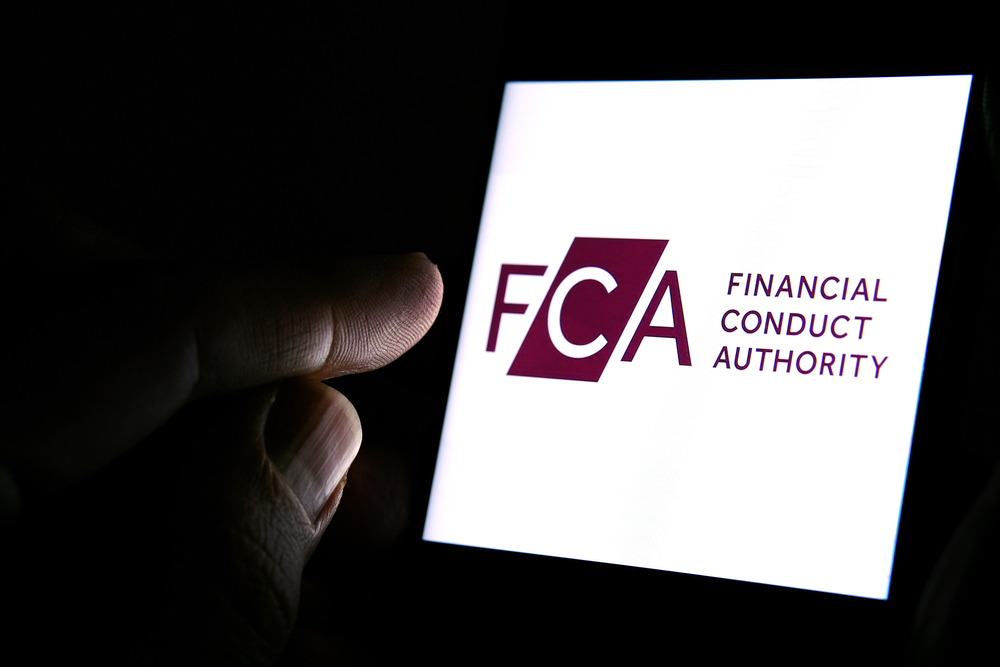UK citizens who receive money via crypto exchanges’ digital wallets are likely to have their funds taken if they fail to offer proof concerning the identity of the sender and the payments’ purpose. This follows the Finance Conduct Authority’s (FCA’s)implementation of new regulations.
The supposed Travel Rule, which will operate from September 1, compels crypto-asset firms in the United Kingdom to ‘gather, confirm, and share data concerning the transfer of crypto assets.’
UK FCA Mandate Disclosure of Transaction Details Guided by Travel Rule
The FCA shows that if an inbound payment comes from an overseas jurisdiction that does not identify the Travel Rule, the United Kingdom unit handling the posit should make a ‘risk-associated evaluation of whether to avail the crypto assets to the recipient.’
Simply put, failure to prove the money’s sender and the reason to send will result in one’s crypto exchange being allowed to seize the funds.
The new rules also cover outbound transfers, with users being required to offer information concerning beneficiaries before being permitted to send money from their digital wallets.
Via its website, FCA claims that in line with client protection and competitiveness goals, the Travel Rule is an excellent means of improving the crypto-asset sector standards. Further, this claim will result in most people viewing it as a strange ambiguity between maintaining consumers’ safety and indiscriminately taking their digital property.
The Travel Rule is meant to enhance transparency in crypto-asset transfers, thus making it difficult for offenders to utilize the assets for illegal activities. Explicitly, it promotes counter-terrorist financing (CTF) and anti-money laundering (AML) efforts across the globe by aiding crypto-asset firms to identify dubious transactions and execute effective screening of sanctions.
Revolut Bank Informs Clients of Looming Regulation Changes
On Thursday, challenger bank Revolut became one of the United Kingdom firms to alert its clients concerning the regulation change. It cautioned that for them to continue enjoying crypto features, they will have to reveal details concerning transactions.
Via an email, the firm claimed it would request more data, for instance, the beneficiary’s name, when withdrawing to another crypto address. It failed to mention that clients will likely have their inbound payments frozen if a sender violates the rules on the other end.
The Travel Rule was enacted in 1966 as a monetary screening procedure introduced by the United States Financial Crimes Enforcement Network (FinCEN). Previously, it focused on payments within the fiat banking system.
However, in 2019, the inter-governmental Financial Action Task Force (FATF) expanded it to include VA service providers (VASPs) and virtual assets (VA). Last year, the United Kingdom’s government enacted legislation preserving this wider remit, giving firms up to September 1 to adhere to the new regulations.
UK Joins Developed Peers in Implementing FATF Proposal on Crypto
Germany, Singapore, Canada, Switzerland, South Africa, Japan, Estonia, the Netherlands, and the United States are other nations that have opted into this regulation.
Whatever moral or legal explanations the jurisdictions cite for imposing the new regulations, they are not likely to persuade most crypto enthusiasts who utilize digital currencies.
The adoption is driven by the belief that crypto involves an independent form of money outside the bans’ and governments’ control.
The answer to concerned citizens is vivid: They should educate themselves concerning self-supremacy on a non-custodial wallet.
Editorial credit: Ascannio / Shutterstock.com
